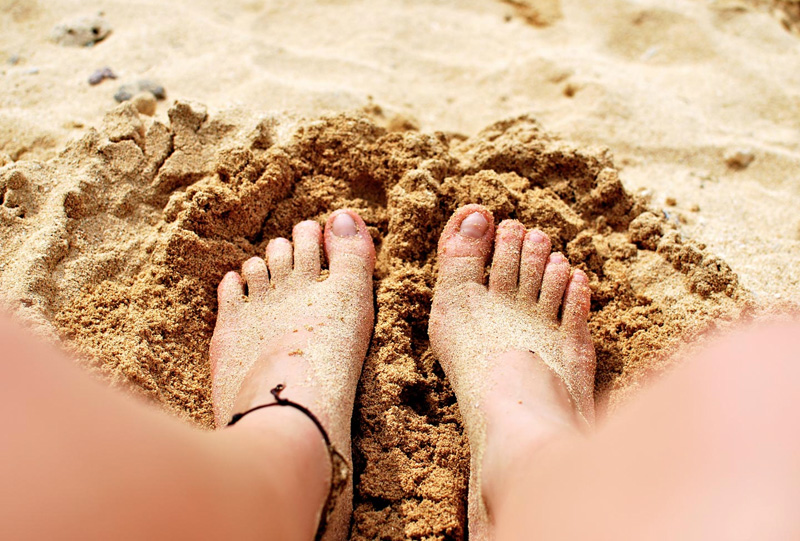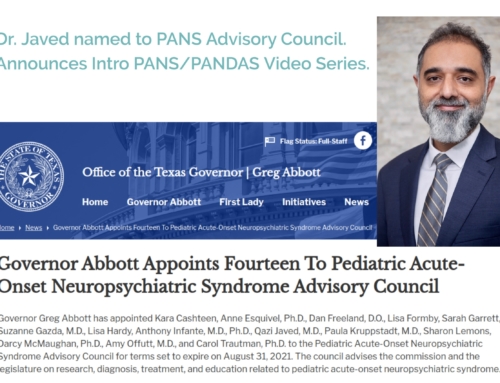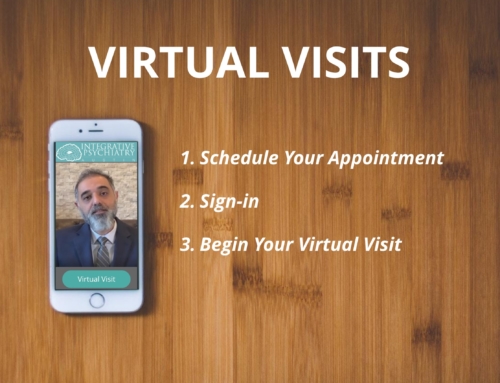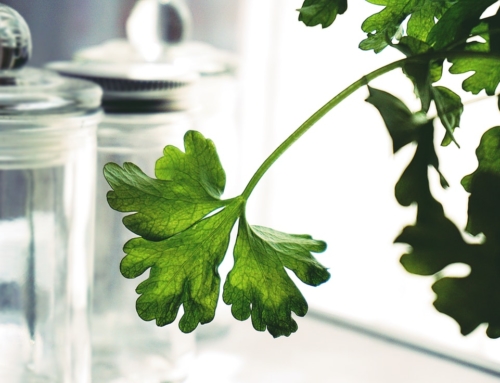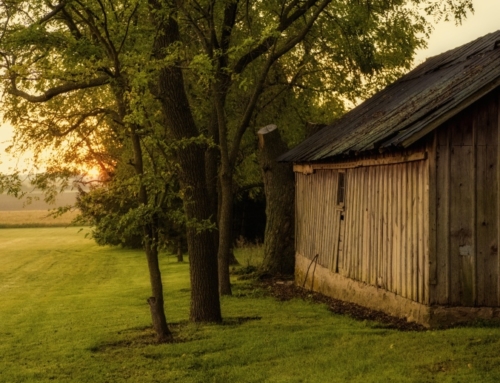Spontaneity is a voluntary or undetermined action. It is frequently observed that in difficult times, spontaneity disappears. A state akin to freezing up happens. Security is desired. Predictability is desired.
Spontaneous decisions tend to be a trade off for more predictable decisions; yet both have their role in helping us adapt to everyday life. If our response to stressful situations in life is causing us difficulties, there is high probability that that we have our predictability/spontaneity balance all wrong.
If the difficulties in life are faced by withdrawing into a shell or “playing it safe,” isolation results. Anxiety can cause us to start planning things in a way that they are predictable and under our control. In fact almost all freezing up or danger of freezing up is because of lack of spontaneity. I will give the example of this common scenario by introducing you to Sarah.
Sarah went through a bitter divorce. As a result she stopped trusting people for a while. She felt that people were out to take advantage of her, so she started withdrawing from her friends. She didn’t want to go to work because it was exhausting to put on a face in front of everyone. Talking to her relatives was painful. So she began watching TV all day. And she spent an inordinate amount of time thinking about how to arrange her life to avoid overwhelm. Social encounters, projects, sleep, appetite all needed to be planned. In her fragile state, something unpredictable carried a huge risk of ruining her entire day.
We learn spontaneity in childhood. One of the first things we practice is play. Play is impossible if one does not take risks or experiment.
The delight of play is usually accompanied by delight in oneself, a confidence in one’s abilities and the ability to act authentically in accordance with our own genuine beliefs. Play is unique to each individual and serves as an affirmation of personality. It is only with spontaneity that one can make a statement to the universe, “I am who I am and I love who I am.”
Back to Sarah…
Sarah worked hard in therapy. She recognized the fact, that she had lived in her mind more than she had lived in the world. She began engaging in little acts that seemed dangerous to her, such as going to a completely new grocery store and smiling at babies or children that she came across. In the office, she started wishing a good morning to five people every day. With a prearranged script of three opening sentences and three topics, she prepared herself to carry a conversation with even total strangers. Soon she found that she didn’t need her second topic in the conversations that she started. Gradually she stopped preparing for conversations. She reconnected with positive people in her life. She picked up biking again. These developments had healing effects on conditions that had plagued her since childhood.
Rediscovering playfulness with oneself is one of the most important tools for breaking out of over-isolation and stagnation. Even a failure to discover this important life skill in the uncontaminated time of childhood can be overcome with a little effort. A buildup of confidence is paramount in preparation for this process. And the best part of of this is that it is a positive cycle that reinforces itself. Once engaged, it multiplies!
People who are successful in their risk to be spontaneous usually get an amazing sense of relief and rekindling of hope. This, in turn, makes them try being more spontaneous. And so the new behavior grows.
Discovering potential areas in which to practice spontaneity is something that can happen in therapy. Discovering protective boundaries can allow spontaneity to be nurtured without it becoming overwhelming. Discovery of habits, things or people that aid our spontaneity helps with loosening up or going with the flow. Therapeutic affirmations such as “It’s ok to smile,””It’s ok to take risks on people and circumstances,” and “I can deal with it regardless of what might come my way” are all positive tools for reinforcing a new level of comfort with less rigid engagement with life.
Once spontaneity and playfulness are more consistently engaged, like a rolling stone gathering moss…a sense of well being is multiplied!

